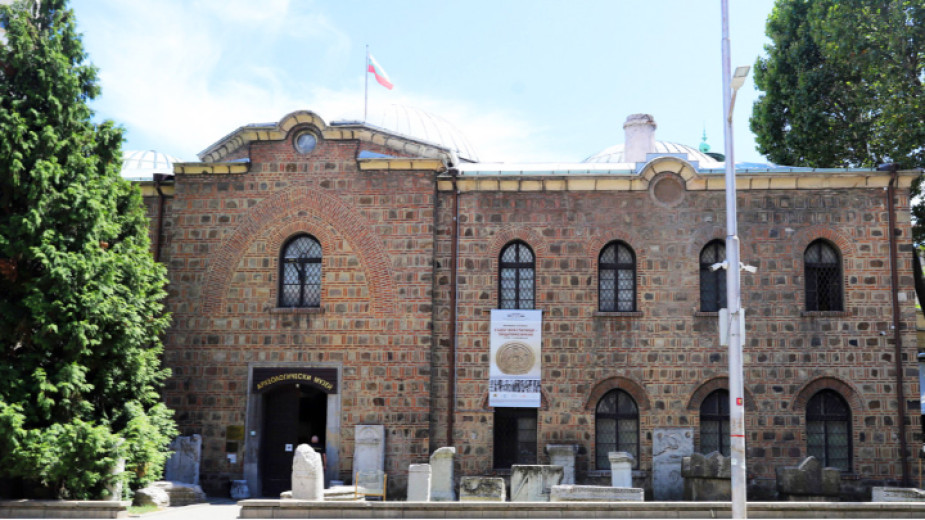 4
4
The initiative European Archaeology Days 2024, taking place in a number of European countries, offers a different view of archaeology as a science, and as the basis for communication, and the public sharing of the European heritage, as well as easier access to it. Bulgaria is taking part via its National Archaeological Institute with Museum at the Bulgarian Academy of Sciences, from June 14 to 16. 
The idea of the museum is to turn museum space into a place for fun, communication and education overstepping national bounds, and bringing the board international public in contact with prehistoric, Thracian, late antique, medieval and Ottoman culture in the Southeastern Balkans, the organizers say. The programme features events targeted at families, schools, university students, and anyone with an interest in the world archaeological heritage.
Visitors can delve into times long gone by with a free virtual 3D tour of the National Archaeological Museum and a series of digital exhibitions. Access to all this is provided by the digital resources developed by the scientists from the Archaeological Institute with Museum and from the company Revival Design. Via these digital resources, visitors can see exhibits from the museum’s main exposition in four main halls – Prehistory, Vault, Central Hall and Middle Ages, where the gallery with 14th-18th century Eastern Orthodox icons is located.
Compiled by Gergana Mancheva
Translated and posted by Milena Daynova
Photos: BGNES, BTA, facebook.com/archinstitutebg
Father Genadiy Martinov is a Bessarabian Bulgarian, born in the village of Devetliy, Odessa province (Ukraine). Two centuries ago, his family lived in Eastern Thrace, near Edirne, but after the end of the Russo-Turkish War (1828–1829), during a period..
An intact grave of a young woman dating to the beginning of the 2nd century AD has been discovered by archaeologists near the village of Kapitan Petko Voivoda, Topolovgrad Municipality announced. The team that made the discovery is led by Daniela Agre..
On October 14, the Bulgarian Orthodox church pays homage to Saint Paraskeva, also called St. Petka of Tarnovo and the day is known in Bulgaria as "Petkovden". Saint Petka was born in the 11th century in the town of Epibat, on the Sea of..

+359 2 9336 661
